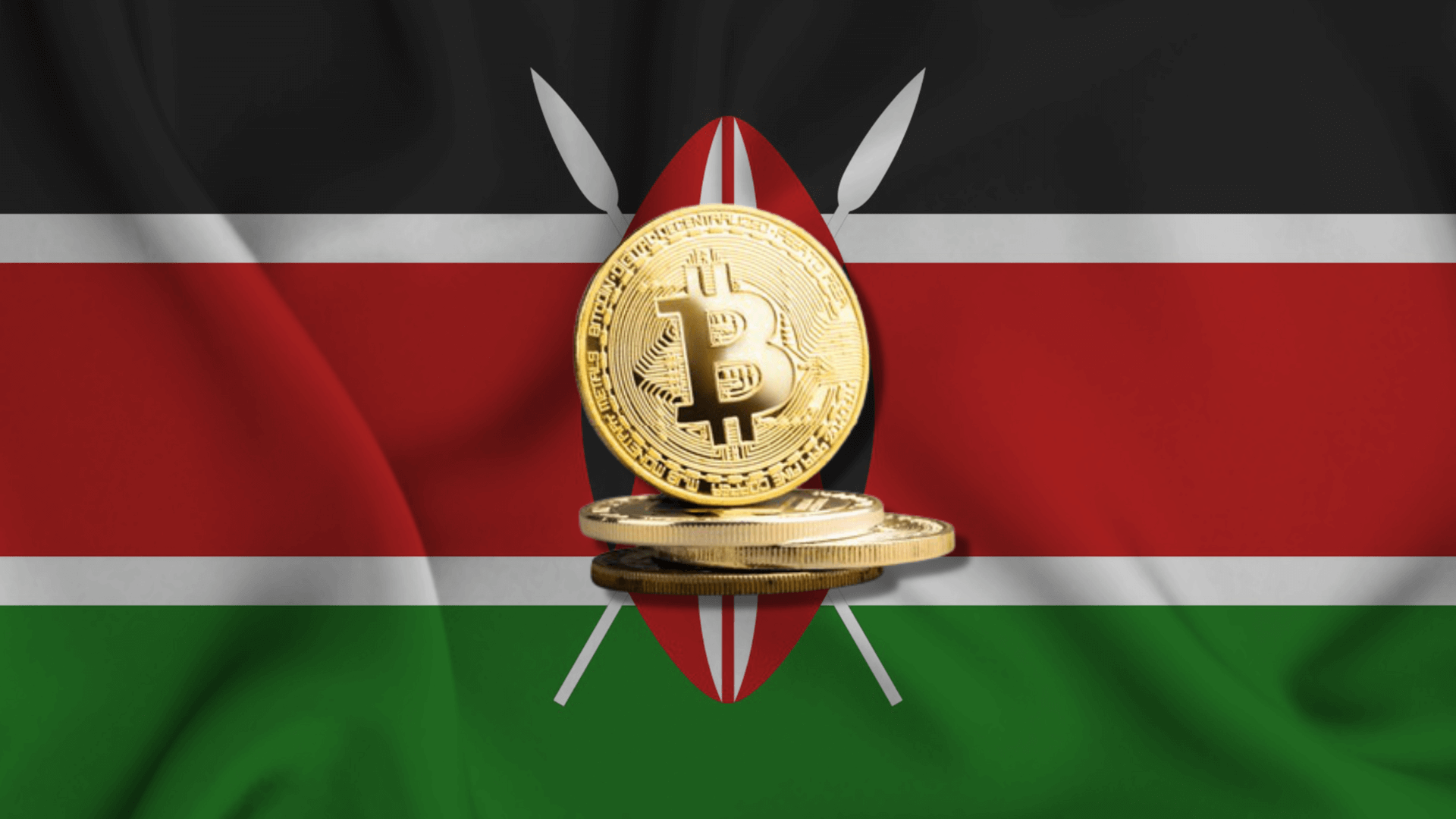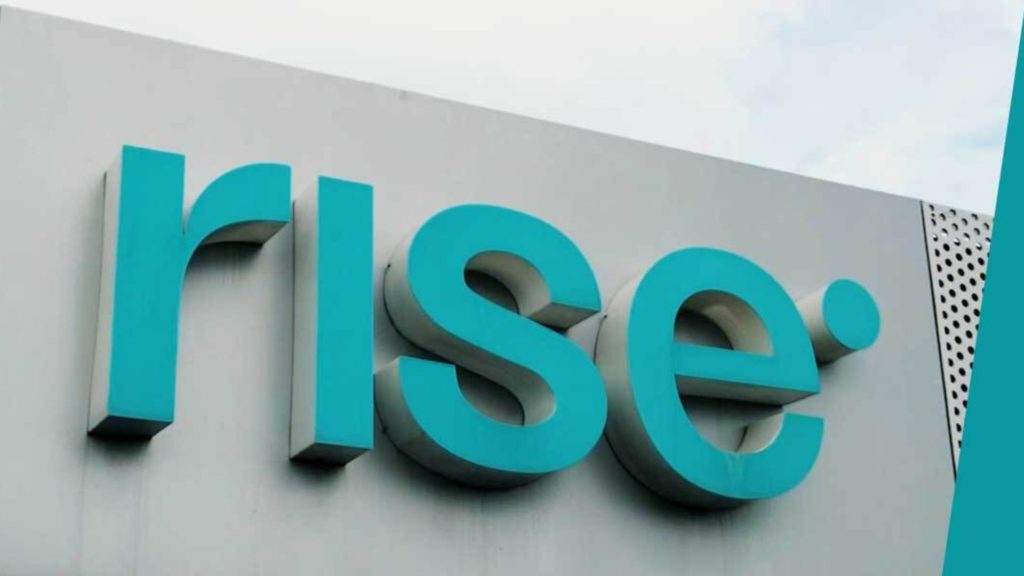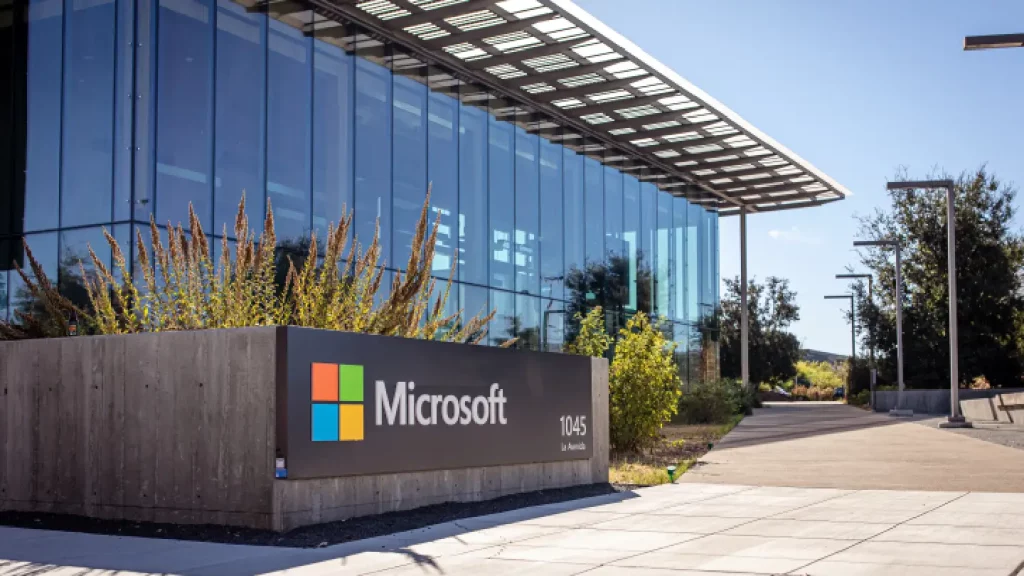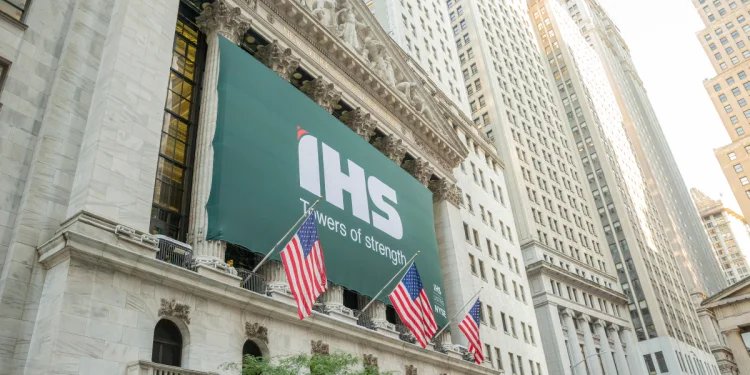

Good morning☀️️
2024 was a tough year for early-stage African startups, with funding declining sharply and competition for capital intensifying.
But 2025 could be different. We’ve spoken to our friends at top VC firms who predict an uptick in venture funding and new opportunities for startups that have sustainable growth practices and market-focused products.
These VCs also say that cash management and business fundamentals will be crucial for early-stage startups to thrive in 2025. Here’s why.

Ride-hailing
Nigerian drivers want the government to regulate the gig economy

Nigerian gig drivers, under the Amalgamated Union of App-Based Transport Workers of Nigeria (AUATWON), are pushing for a federal regulatory framework to bring fairness to the industry.
While their demands are not immediately clear, we can suggest from antecedents that the union is trying to secure better pay for its members, reduce multiple taxations, and improve drivers’ working conditions. In 2023, the union asked ride-hailing apps to increase fares by 200% to provide relief for drivers. To date, it has been fighting in one form or another for continuous fare increases, and reduced commissions charged by ride-hailing apps.
It’s not the first time the drivers are lobbying for federal involvement. Since the start of 2024, the union has asked the federal government at least three times to become more involved in the oversight of the sector.
Compared to fintech, which is one of the heavily regulated industries, the ride-hailing sector has been poorly regulated. Labour laws were not created with the sector in mind. For example, in most government employment, you’re guaranteed the minimum wage pay. In some other countries like parts of the US, ride-hailing companies pay a minimum wage and offer other benefits.
While gig drivers in Nigeria typically earn above the minimum wage—which was the attraction point in the first place—there have been debates about how sustainable the gig economy model will be.
Location-based apps like Bolt benefit from network effects. The more drivers sign up and come online in a particular area, the fewer passengers to go around in an otherwise shrinking market where affording Bolt rides is a luxury.
Yet, if the demands of AUATWON are met, it could tip the scales of the power dynamic between gig drivers and their employers, who, over the years, have tried to strong-arm these drivers to negotiate favourable working conditions to protect their profits.
Collect payments Fincra anytime anywhere

Are you dealing with the complexities of collecting payments in NGN, GHS or KES? Fincra’s payment gateway makes it easy to accept payments via cards, bank transfers, virtual accounts and mobile money. Get started now.
Economy
NGX helped the Nigerian government and corporates raise $7.85 billion in 2024

The Nigerian Stock Exchange (NGX) may be IPO-starved, but the bourse has remained relevant in helping businesses and governments raise money.
According to NGX filings, the stock market recorded ₦12.17 trillion ($7.85 billion) in trading volume for corporate listings and FGN bonds in 2024.
Corporate listings, including bonds and memorandum listings, led the charge with ₦6.2 trillion ($4 billion), surpassing the ₦5.95 trillion ($3.84 billion) generated from FGN bonds.
Companies such as Transcorp Power, which listed ₦1.8 trillion ($1.16 billion) worth of shares, and VFD Group, which raised ₦12.5 billion ($8 million), were among the notable contributors. These corporate listings show that more companies are turning to the capital market to raise money. On the other hand, FGN bonds attracted investment, with Pension Fund Administrators (PFAs) favouring them for their stability, despite inflation impacting returns in other sectors.
In 2024, the NGX saw three companies—Transcorp Power, Aradel, and Haldane McCall—listed by introduction. The last IPO on the NGX was VFD Group in 2023.
Despite the absence of a true IPO, the NGX had a remarkable run in 2024. Compared to the previous year, the bourse reached ₦3.968 trillion ($2.55 billion) in trading volume, effectively tripling that number last year. However, the high trading volume is thanks to tier-1 and tier-2 banks turning to the capital market to raise money following the Central Bank’s recapitalisation directive. The Debt Management Office (DMO) also actively listed bonds on the bourse.
While an IPO is generally seen as a sign that companies trust the market to raise capital and that investors are willing to buy shares, the large deal flows in the capital market also show growing investor confidence. Nigeria’s bourse, the fourth-largest in Africa, also acquired a 5% stake in the Ethiopia Stock Exchange (ESX) which launched on January 10.
The high deal flow and pan-African support to other bourses show the maturity of the NGX. And with Tizeti set to become the first startup to go public on the exchange, the IPO starvation will soon phase out.
Crypto/Regulation
What’s in Kenya’s crypto bill

After years of resistance, Kenya introduced a new bill aimed at regulating cryptocurrencies and virtual asset companies like crypto exchanges on January 10.
Like every other crypto bill on the continent, Kenya’s bill advocates protecting the user through financial literacy.
The rapid adoption of crypto in Africa is outpacing user education, leaving many susceptible to fraud and scams in the virtual asset market. To curb this, a section of Kenya’s bill emphasises public awareness campaigns to ensure that users can safely interact with virtual assets.
The bill also mandates blockchain and crypto startups to test out their applications in a regulated sandbox before launching them to the public. This will help minimise risk to users and the financial systems.
Although Kenya’s crypto bill provides strong provisions for consumer protection, it is only second to Nigeria’s crypto bill which requires VASPs to set up local offices.
The bill’s provisions on taxation are similar to South Africa’s and Nigeria’s crypto bills. However, Kenya charges a flat rate of about 3% on earnings made from digital assets for individuals and businesses, while Nigeria charges a 10% tax for individuals and a 30% tax for businesses. Kenya’s low tax rate will help attract global VASPs into the country and potentially position it as a regional leader.
While Kenya’s bill strikes a balance between the approaches of South Africa, Nigeria, and Mauritius, it stops short of proposing a CBDC like Nigeria, focusing instead on fostering a fair and efficient market for private virtual assets and service providers.
CRYPTO TRACKER
The World Wide Web3
Source:

|
Coin Name |
Current Value |
Day |
Month |
|---|---|---|---|
| $95,203 |
+ 0.95% |
– 6.99% |
|
| $3,173 |
– 1.48% |
– 15.58% |
|
|
$0.07 |
+ 58.64% |
+ 58.64% |
|
| $2.55 |
+ 1.10% |
+ 4.37% |
* Data as of 06:20 AM WAT, January 14, 2025.
Events
- The Lagos Tech Fest is set to hold its fifth edition from February 19–20, 2025 at the Landmark Event Center, VI, Lagos. Lagos Tech Fest gathers startups, innovators, investors, and government representatives to shape Nigeria’s tech future through conferences, exhibitions, networking, and driving ecosystem investments. Get a ticket here.

Written by: Emmanuel Nwosu & Faith Omoniyi
Edited by: Timi Odueso & Olumuyiwa Olowogboyega
Want more of TechCabal?
Sign up for our insightful newsletters on the business and economy of tech in Africa.
- The Next Wave: futuristic analysis of the business of tech in Africa.
- TC Scoops: breaking news from TechCabal
P:S If you’re often missing TC Daily in your inbox, check your Promotions folder and move any edition of TC Daily from “Promotions” to your “Main” or “Primary” folder and TC Daily will always come to you.






















